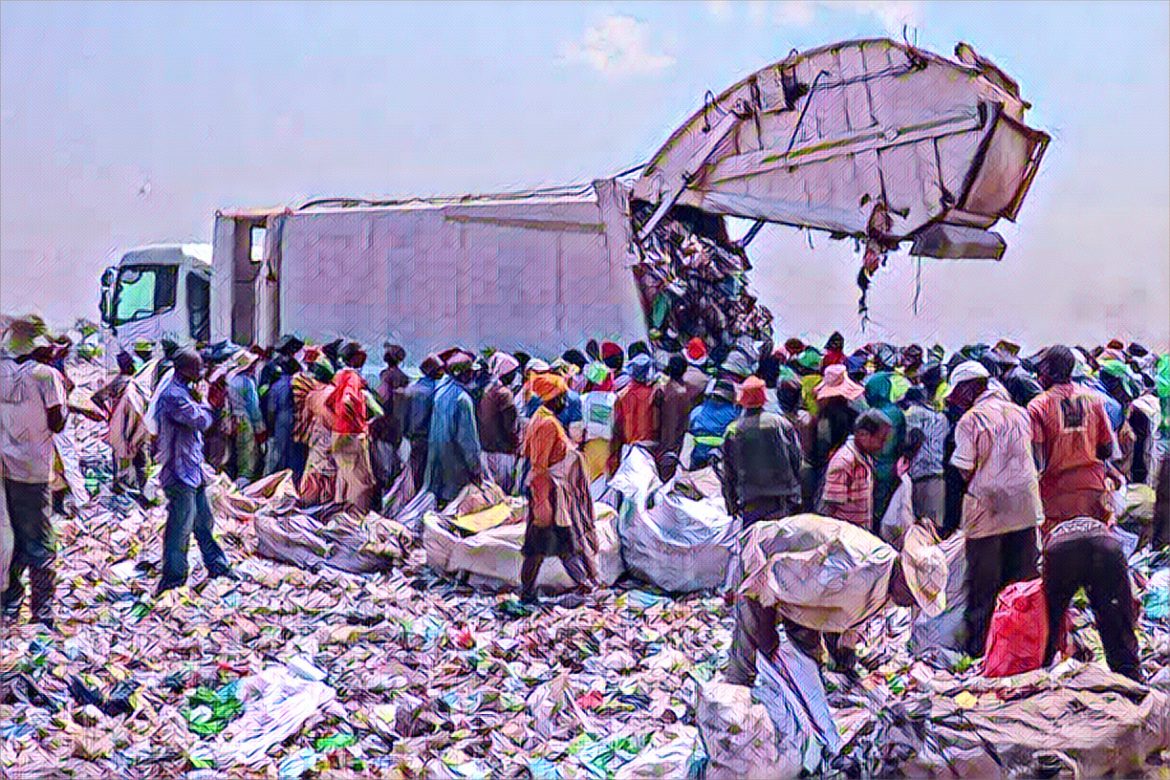Zimbabwe faces a mounting crisis as garbage accumulates in suburbs, transforming scenic Harare into an eyesore. Open spaces, both in affluent and less affluent areas, are now marred by refuse heaps, posing health hazards and contributing to water contamination.
Alarmingly, the city is grappling with a relentless cholera outbreak linked to these unsanitary conditions. Since February, the epidemic has claimed over 200 lives, reminiscent of the 2008 crisis that saw thousands dead. Despite a less severe outbreak in 2019, the threat lingers, exacerbated by haphazard waste disposal.
A recent journey through Harare’s Kuwadzana-Crowborough sector revealed disturbing sights of rampant littering. The public’s desensitization to these conditions is concerning, as these trash heaps provide breeding grounds for disease-carrying pests.
The question arises: Why, amid continuous waste management failures, do officials remain complacent? Accusations of self-interest and the misuse of national resources overshadow the urgency for effective service delivery. President Emmerson Mnangagwa’s disaster declaration across four local authorities underscores the administration’s struggle to combat the crisis.
According to a report by Newsday Zimbabwe, the upcoming rainy season spells potential disaster, risking escalated water pollution and subsequent disease outbreaks. The pervasive neglect could obstruct waterways, creating breeding hotspots for malaria-transmitting mosquitoes, among other concerns.
The nation’s battle against preventable diseases requires minimal collective effort, underscoring the need for improved water infrastructure. The introduction of Statutory Instrument 140 of 2023 grants the Environmental Management Agency (Ema) authority over waste management within Greater Harare, promising a coordinated cleanup funded by the Treasury.
However, the success of these initiatives hinges on tackling corruption, an endemic problem impeding progress. A zero-tolerance stance by the judiciary is imperative to curtail these unethical practices.
In this dire scenario, councils must proactively engage in cholera containment measures instead of resorting to finger-pointing. Public adherence to hygiene practices, including hand-washing and avoiding potentially contaminated water, remains crucial in this fight against cholera.


